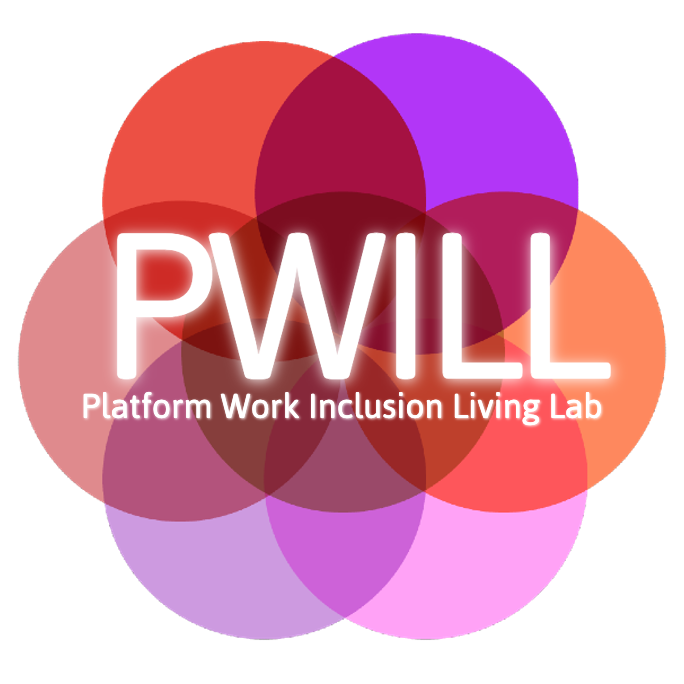Online Conference
10 September 2025
We are pleased to share a call for papers for the upcoming AI, Platforms and the Future of Work conference, taking place online on 10 September 2025. Co-organised by Reshaping Work and Rotterdam School of Management, and supported by our COST action, this conference offers a timely platform to explore how artificial intelligence and digital platforms are transforming the world of work. We warmly encourage you to consider submitting your work or sharing this call with colleagues in your network.
About the Conference:
The conference aims to bring together scholars across disciplines to examine how AI and algorithmic systems mediate work practices, from offices to the gig economy. Critical and intersectional perspectives are especially welcome, including feminist, postcolonial, and social justice approaches. Contributions that bridge academic research with policy, legal, and business implications are strongly encouraged.
Key themes include:
- AI-driven transformation of labour markets
- Platform economy and precarious work
- Algorithmic management and worker autonomy
- Intersectional feminist critiques of platform labour
- Governance and regulation of platforms and AI
- AI ethics and organisational change
- Worker resistance and adaptation
- Inclusive platform models and social justice
- Digital inequality and inclusion
Key dates:
- Abstract submission deadline: 15 June 2025
- Notification of acceptance: 15 July 2025
- Conference date: 10 September 2025 (online)
Please submit your extended abstract (approx. 800 words, excluding references) to submissions@reshapingwork.net by 15 June 2025. Submissions should outline your research question, methodology, and (expected) findings, and be submitted as a PDF in English, including the title, author(s), and affiliations.
Find full details in the attached Call for Papers or visit https://reshapingwork.net/ai-platforms-and-the-future-of-work/ .

